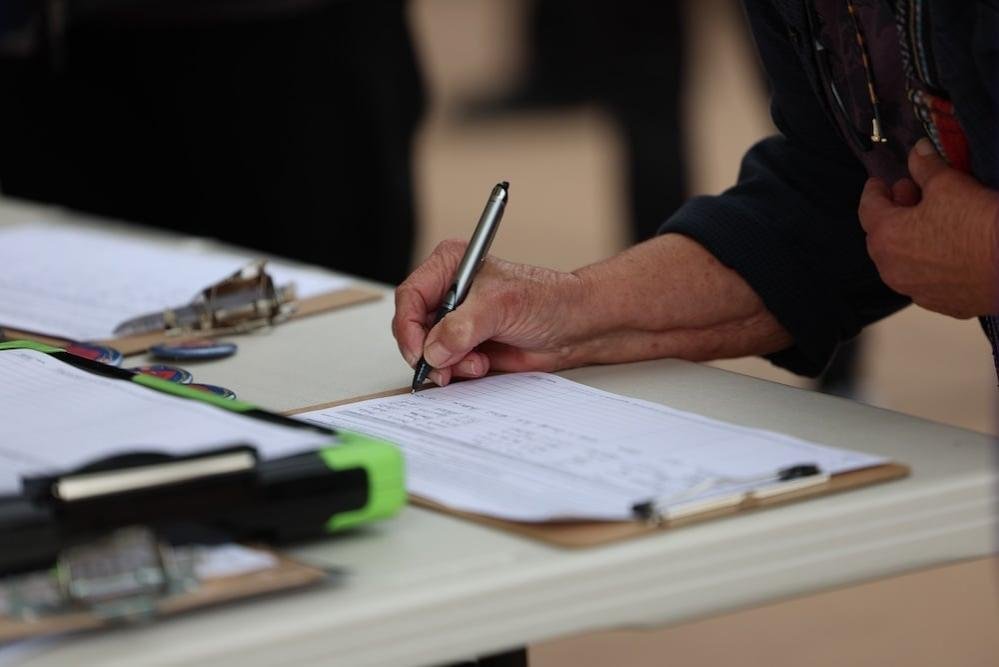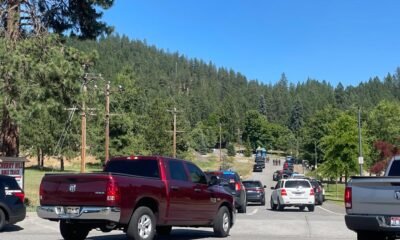arizona
Fontes Presses Mayes to Unpack AZ’s Reinstated Voter Registration Law

Arizona Secretary of State Adrian Fontes is seeking guidance from Attorney General Kris Mayes on enforcing a newly upheld voter registration law. The U.S. Supreme Court recently ordered the enforcement of a 2022 law that expands citizenship requirements for voters, overriding a previous court’s block on the measure.
With this decision, Arizona can now enforce a provision that halts the acceptance of state-created voter registration forms from residents unless they provide proof of citizenship. Fontes is requesting Mayes’ legal opinion on several key issues to clarify the law’s implementation.
First, he inquires whether county recorders can conduct standard checks on registrations lacking documented proof of citizenship before outright rejection. If that is permissible, he further seeks guidance on whether individuals can be registered to vote if their proof is obtained through this check.
Second, Fontes wants clarity on the official registration date for individuals who initially fail to submit proof of citizenship but do later provide it. He questions whether the registration date should reflect the original submission or the date proof was provided.
Additionally, Arizona law grants voters until 7 p.m. on Election Day to submit citizenship proof; however, a consent decree stipulates that this must be done by the Thursday before Election Day. Fontes is asking Mayes to clarify which deadline should be followed by county recorders.
Since the approval of Proposition 200 in 2004, Arizona has mandated proof of citizenship for voter registration. However, the National Voter Registration Act of 1993 requires states to accept federal voter registration forms, which lack such a requirement. The Supreme Court’s 2013 ruling further complicated this by stating Arizona cannot reject those forms, leading to a dual voting system in the state.
In this dual system, citizens who provide proof can vote in all elections, while those who only attest to their citizenship but do not document it are restricted to federal races. Currently, around 32,000 “federal only” voters exist in Arizona.
Research by Votebeat indicates that this law may disproportionately impact younger voters, particularly those on college campuses who often register without full documentation. The challenged law aims to prevent non-citizens from voting by implementing citizenship checks on federal registration forms.
Voting rights groups have contested various parts of the legislation, with trial courts previously overturning elements requiring proof of citizenship for state form registration. The Supreme Court declined a recent request by the Republican National Committee to restore restrictions on mail-in voting tied to this law.
Despite claims from some Republicans regarding widespread non-citizen voting influencing elections, evidence supports that such occurrences are exceedingly rare.


















